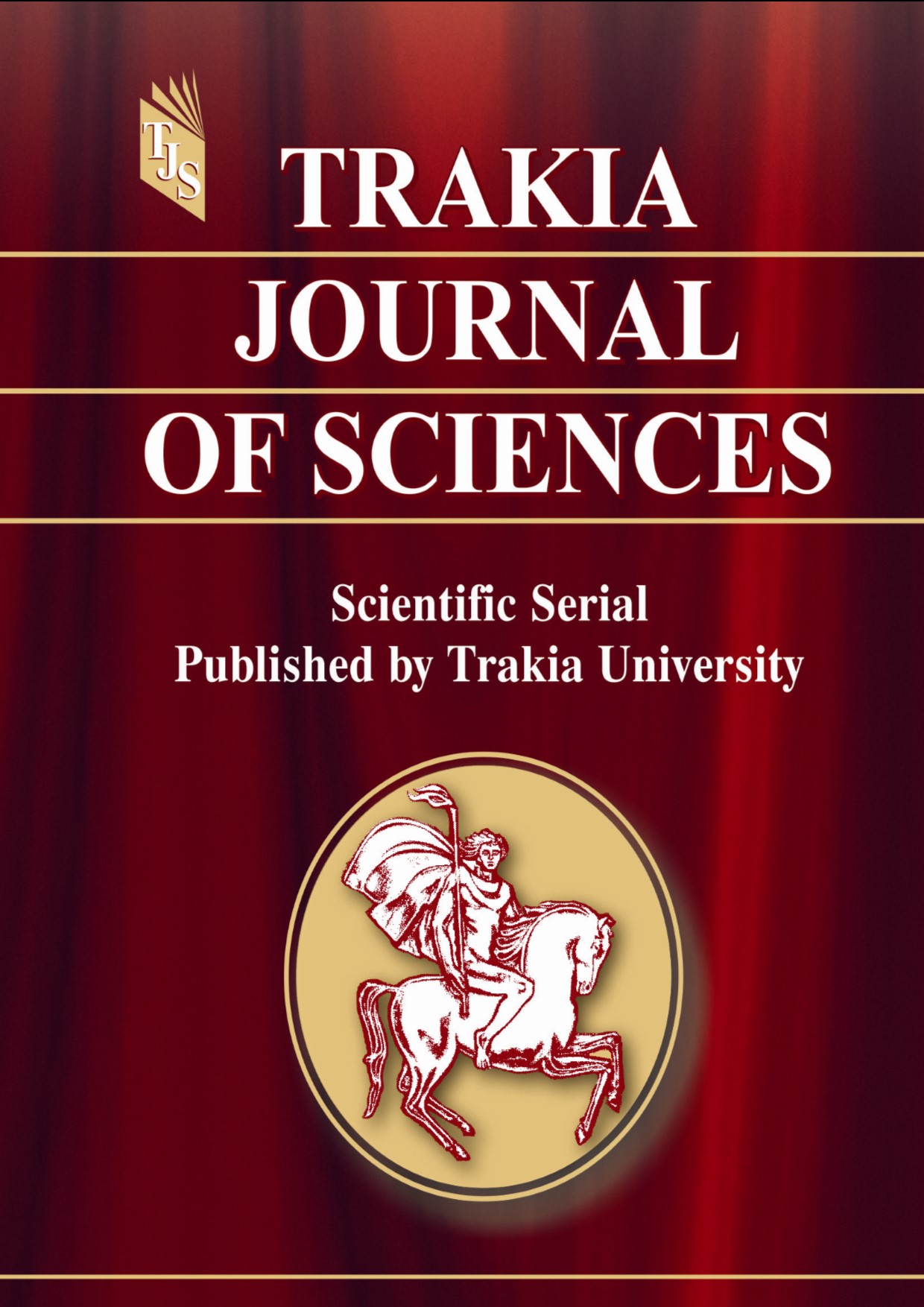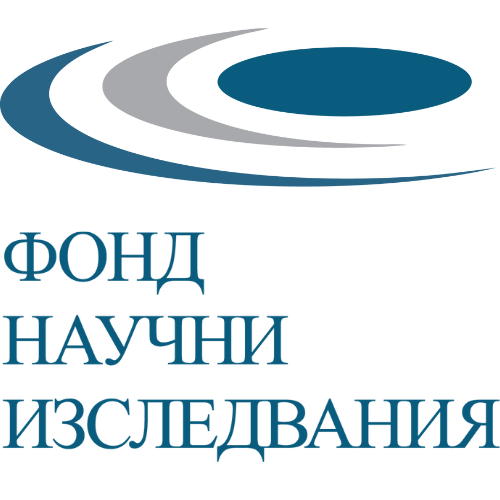INTERRELATION BETWEEN EMOTIONAL INTELLIGENCE AND THE WAYS OF RESPONDING TO CONFLICTS IN STUDENTS - SPORT TEACHERS
DOI:
https://doi.org/10.15547/tjs.2024.s.01.032Keywords:
dependence, conflict situations, behaviour, studentsAbstract
The role of sports teachers is complex, often requiring them to navigate various situations. Conflict situations can arise during sports events, and their successful resolution depends on the sports educator's specific knowledge and skills supporting them in choosing the proper behavior and actions. Our research aims to reveal the state and degree of determination between the emotional intelligence of students - sports teachers and their ways of reacting to conflicts. A total of 153 students from the Faculty of Sport and the Faculty of Pedagogy at the National Sports Academy ‘Vassil Levski’ were studied. Methods: The main research methods, adapted for Bulgaria, were: ‘The Schutte Self-Report Emotional Intelligence’ and ‘The Thomas-Kilmann Conflict Mode Instrument.’ The results were processed using variation and correlation analysis. Results: The indicators of the two tests revealed a high emotional intelligence level and harmony in reacting to conflicts among the studied. The motivation for overcoming obstacles and the ability to control emotions were leading and directly related to the participants’ attitude to collaboration, accommodation to the situation, and the manifestation of a reasonable compromise. The highest determination (74%) was between ‘Perception of own emotions and self-control’ and ‘Collaborating’ in a conflict situation. Conclusion: General emotional intelligence and all its factors are highly determined by the indicators of conflict-handling modes.
References
Ivanov, Y. and Colova V. and Ignatov, G., Adaptation of students' physical education ands to the requirements of modern society. NSA PRESS: 5-15, Sofia, 2015.
Kostova, N., Stress among teachers and its impact on pedagogical activity. Personality. Motivation. Sports, 20: 210-214, Sofia, 2015.
Vladova, I., The role and responsibilities of the child safeguarding officers in sports. Strategies for Policy in Science and Education, Volume 31, N 5s: 32-39, 2023.
Velikova, V., Education in the adequate response to potential and actual crises as a factor for national security. National security. Physical Fitness. Sports 1: 77-83, NSA PRESS, Sofia, 2004.
Wall, J. and Callister, R., Conflict and its management. Journal of Management, 21(3): 515-558, 1995.
Dimitrov, D., Conflictology. UP "Farming." Sofia, 2004.
Lee, К., An examination between the relationships of conflict management styles and employees’ satisfaction. International Journal of Business and Management. Vol. 3, N. 9: 11-25, 2008.
Laios, A. and Tzetzis, G., Styles of managing team conflict in professional sport: The case of Greece. Management Research News, Vol. 28 N.6: 36-54, 2005.
Trippe, B. and Baumoel, D., Beyond the Thomas–Kilmann model: Into extreme conflict. Negotiation Journal, Vol. 31(2):89-103, 2015.
Marinov, T. et al., Aikido game activities as stimulation factor for proper behavior in conflict situations. European Journal of Medicine, 6(1): 43-51, 2018.
Salovey, P. and Mayer, J., Emotional intelligence. Imagination, Cognition and Personality, vol. 9, № 3: 185-211, 1990.
Ilieva, D. and Marinov, T., Influence of emotional intelligence on the professional fulfillment of students specializing in Management of Sport. Trakia Journal of Sciences, Vol. 21, Suppl. 1: 365-371, 2023.
Savcheva, Е., Emotional intelligence and psychological characteristics of athletes of different sports. Trakia Journal of Sciences, Vol. 21, Suppl. 1: 571-576, 2023.
Schutte et аl., Development and validation of a measure of emotional intelligence. Personality and Individual Differences, 25(2): 167–177, 1998.
Stoyanova, S., Emotional intelligence measurement and related constructs. Adaptation of a questionnaire. Saarbrucken: Lambert Academic Publishing, 2010.
Кilmann, R. and Thomas, K., Developing of forced-choice measure of conflict-handling behavior. The “Mode” Instrument, Educational and Psychological Measurement, Vol. 37 (2): 309-325, 1977.
Kalaydzhiev, G., Methodology for managing conflicts in extreme situations. Dissertation, N. 828, NSA, Sofia, 2012.
Gigova, V., Statistical methods with SPSS statistics. Guide for students of the "Master's" and "Doctoral" studies at the National Sports Academy "Vassil Levski", Sofia:, 2019.
Buckworth, J. and Dishman, R,. Exercise Psychology. Campaign, IL: Human Kinetics, 2002.

Downloads
Published
Issue
Section
License
Copyright (c) 2025 Trakia University

This work is licensed under a Creative Commons Attribution-NonCommercial 4.0 International License.


